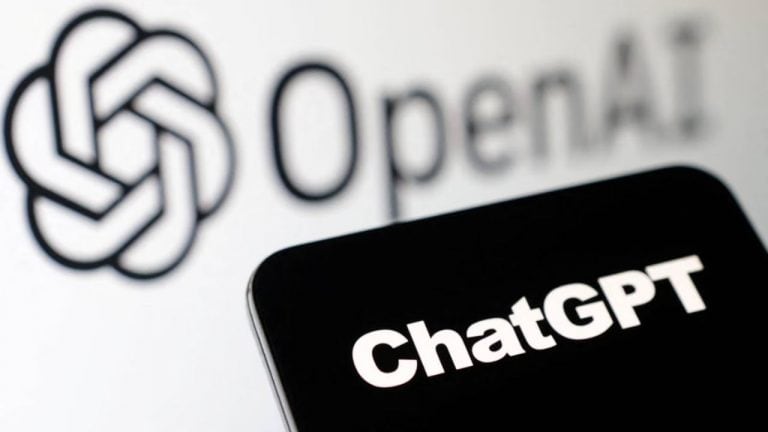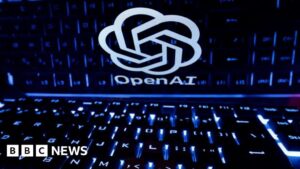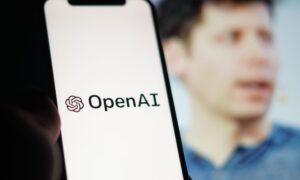Allegations of ChatGPT Using Subscriber Content in Copyright Dispute

Overview of the Copyright Infringement Case
Background of the Case
On a recent Tuesday, the Delhi High Court engaged in discussions regarding a copyright infringement lawsuit brought by the news agency Asian News International (ANI) against OpenAI, the company behind the AI model ChatGPT. This case brings into focus significant questions about the use of digital content and how it is appropriated by artificial intelligence applications.
ANI’s Claims Against OpenAI
ANI has leveled serious allegations against OpenAI, asserting that the company has used its copyrighted material without permission. The news agency claims that ChatGPT not only utilizes content directly from ANI’s website but also extracts information from materials that are exclusive to its subscribers. This claim suggests that ChatGPT is pulling from reports and interviews that are only accessible to paying subscribers, such as The Economic Times.
Key Allegations
- Unauthorized use of copyrighted materials.
- Scraping of subscriber-exclusive content.
- Repurposing of news reports and interviews without consent.
ANI’s legal representation highlighted that many of their subscribers pay premium fees to access unique content. The argument posits that when OpenAI exploits this material, it undermines the value of ANI’s subscription service and constitutes a violation of copyright laws.
OpenAI’s Defense
In response to ANI’s allegations, the counsel for OpenAI presented a counter-argument. They emphasized that factual information is not eligible for copyright protection. This means that when multiple news outlets report on the same event, some overlap is expected and permissible.
Points of Defense
- Facts themselves cannot be copyrighted.
- Similarities in news reporting are normal among various media outlets.
- ChatGPT generates summaries from publicly available information rather than copying ANI’s content directly.
OpenAI’s attorneys also pointed out that the AI model does not replicate content word-for-word. Instead, it creates summaries that provide information in a distinctive manner. The defense additionally noted that OpenAI has existing licensing agreements, allowing it to legally use content from certain media partners like The Financial Times.
Legal Implications and Next Steps
The ongoing case raises important questions about the boundaries of copyright in the digital age, particularly with the rise of AI technologies. The court will further examine these implications during the next hearing set for March 28. The outcome of this case could potentially influence how AI applications utilize content from news agencies and the associated legal responsibilities.
What’s at Stake?
- Clarity on copyright laws as they apply to AI-generated content.
- The potential impact on subscription-based news services.
- Future regulations governing AI content usage.
The legal argument hinges on how copyright laws adapt to cover modern technologies like AI and the ethical responsibilities of companies that develop such technologies in relation to existing digital content. This case serves as a pivotal point for both ANI and OpenAI, potentially setting precedents for similar disputes in the future.
In summary, the hearing is not only crucial for the parties involved but also significant for the entire media and technology landscape as it navigates the complexities presented by AI and copyright law.






